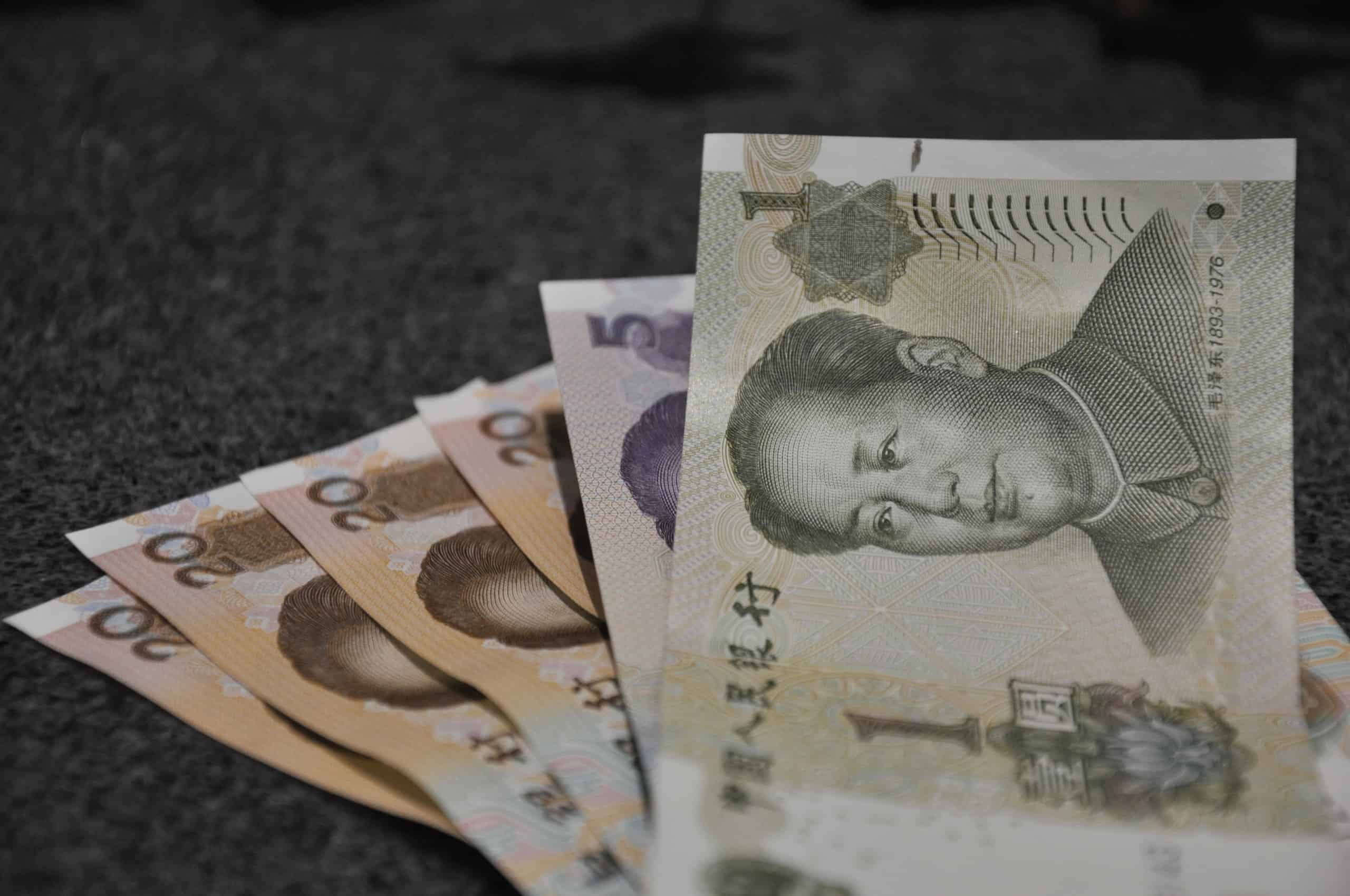The G7’s groundbreaking agreement on international taxation, brokered at its meeting in the UK earlier this month, has received plaudits from many quarters. But one country that will be critical to making the plan a reality has remained notably silent: China.
The reticence among leaders of the world’s second-largest economy should come as little surprise. The deal, initially struck by finance ministers from seven advanced economies including the U.S. and Japan, could threaten Beijing’s
Subscribe or login to read the rest.
Subscribers get full access to:
- Exclusive longform investigative journalism, Q&As, news and analysis, and data on Chinese business elites and corporations. We publish China scoops you won't find anywhere else.
- A weekly curated reading list on China from Andrew Peaple.
- A daily roundup of China finance, business and economics headlines.
We offer discounts for groups, institutions and students. Go to our
Subscriptions page for details.
Includes images from Depositphotos.com


